In today’s environmentally conscious world, consumers are increasingly seeking sustainable alternatives to everyday products. Bamboo toilet paper stands out as a prime example of this movement, combining softness and strength with the added benefit of being eco-friendly. The growing awareness surrounding deforestation and plastic waste has prompted many to rethink their choices, particularly when it comes to bathroom essentials. This article will explore various aspects of bamboo toilet paper, highlighting its advantages, production process, and why it should be an essential item in your bathroom.
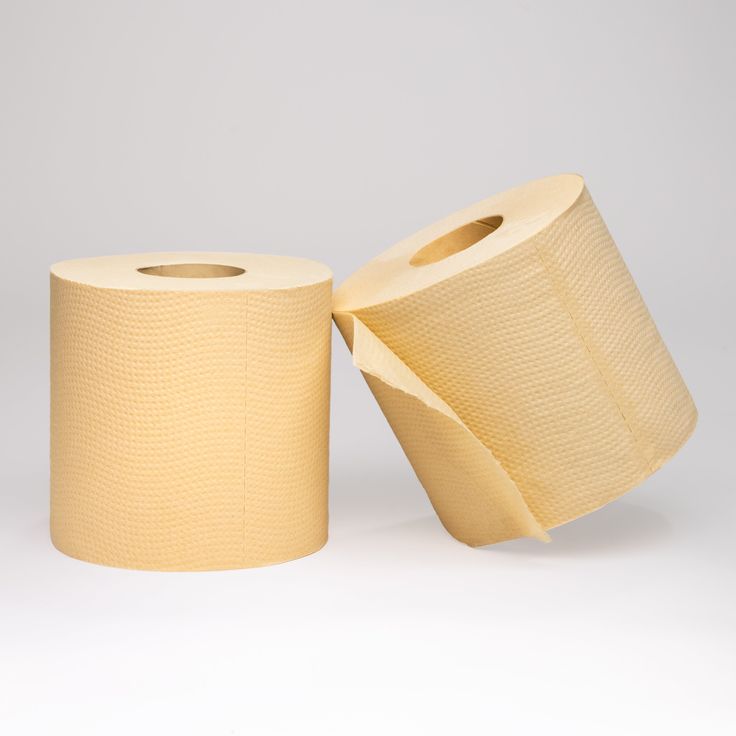
What Makes Bamboo Toilet Paper Eco-Friendly?
Bamboo toilet paper is crafted from the fast-growing bamboo plant, which is renowned for its sustainability. Unlike traditional trees, bamboo can reach maturity in just three to five years, allowing for a rapid replenishment of resources. The production of bamboo toilet tissue typically requires significantly less water and no chemical fertilizers or pesticides, making it an environmentally friendly choice.
By choosing bamboo toilet paper over conventional options, you are actively reducing your carbon footprint. The manufacturing process generates lower emissions, contributing to healthier ecosystems. Additionally, since bamboo is a grass and not a tree, harvesting it does not involve cutting down trees, which helps preserve forests and their biodiversity.
Moreover, bamboo absorbs more carbon dioxide and releases more oxygen compared to trees, further enhancing its appeal as a sustainable choice. When you opt for bamboo toilet tissue, you’re supporting an industry that prioritizes sustainability, realizing the broader impact of your purchasing decisions.
The Benefits of Switching to Bamboo Toilet Paper
Making the switch to bamboo toilet tissue comes with several benefits that enhance your bathroom experience. First and foremost, bamboo toilet paper is exceptionally soft and comfortable. Its natural fibers are gentle on the skin, providing a luxurious feel, unlike some conventional paper that could cause discomfort.
Bamboo toilet tissue is also highly absorbent, effectively managing moisture and ensuring cleanliness. Its strength means you can use less paper per visit, making it not only a sustainable choice but also a practical one. Enjoying these benefits while contributing to the planet creates a win-win situation for eco-conscious consumers.
Another important consideration is hypoallergenic properties. Bamboo is naturally antibacterial and antimicrobial, making bamboo toilet tissue an excellent choice for individuals with sensitive skin or allergies. The absence of harsh chemicals found in traditional toilet paper provides peace of mind, especially for families with young children.
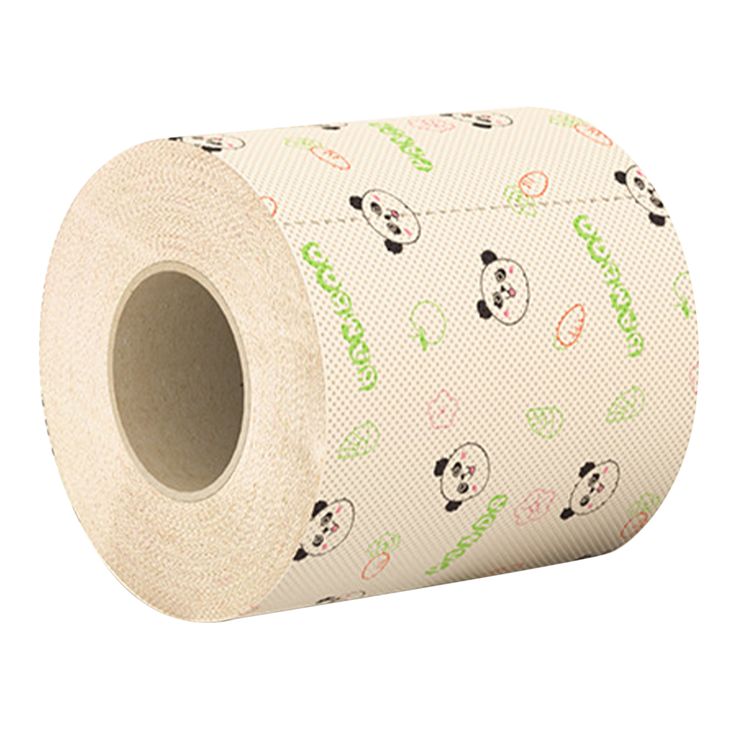
How Bamboo Toilet Paper is Made: A Closer Look
Understanding how producers create bamboo toilet paper can deepen our appreciation for this eco-friendly product. The process begins when workers harvest the bamboo stalks, then they cut and process them into pulp. Unlike traditional paper production, the process utilizes minimal chemicals, resulting in a cleaner end product.
Once the bamboo is transformed into pulp, it is blended, washed, and formed into sheets before being dried. It’s crucial for manufacturers to maintain eco-friendly practices throughout this process. Many bamboo toilet tissue brands adhere to responsible sourcing and sustainable production methods, ensuring that their products do not contribute to environmental degradation.
After the sheets are formed, manufacturers roll, package, and make them available to consumers. The entire process prioritizes minimal waste, so purchasing bamboo toilet tissue not only provides a responsible product but also supports manufacturers committed to ecological integrity.
Bamboo Toilet Paper vs. Traditional Toilet Paper: A Comparison
When it comes to comparing bamboo toilet paper to traditional toilet paper, several crucial factors come into play. Traditional toilet paper is commonly made from virgin wood pulp derived from trees. This practice contributes to deforestation and habitat destruction, leading to a loss of biodiversity. It also results in increased carbon emissions that harm the environment. Conversely, bamboo toilet tissue is produced from the fast-growing bamboo plant, which is a renewable resource. This makes bamboo a far more sustainable choice that minimizes ecological harm.
In terms of comfort, many users find bamboo toilet tissue to be softer and more absorbent compared to conventional options. This means that it provides a more pleasant experience. Traditional toilet paper often contains additives that may cause irritation for some individuals, particularly those with sensitive skin. In contrast, the natural fibers of bamboo’s hypoallergenic nature make it suitable for everyone, including those with allergies.
Moreover, the environmental impact of bamboo toilet paper is significantly lower. Its production process consumes less water and energy, which is beneficial for the planet. This means that by choosing bamboo toilet tissue, you are directly supporting sustainable practices while enjoying superior quality and comfort.
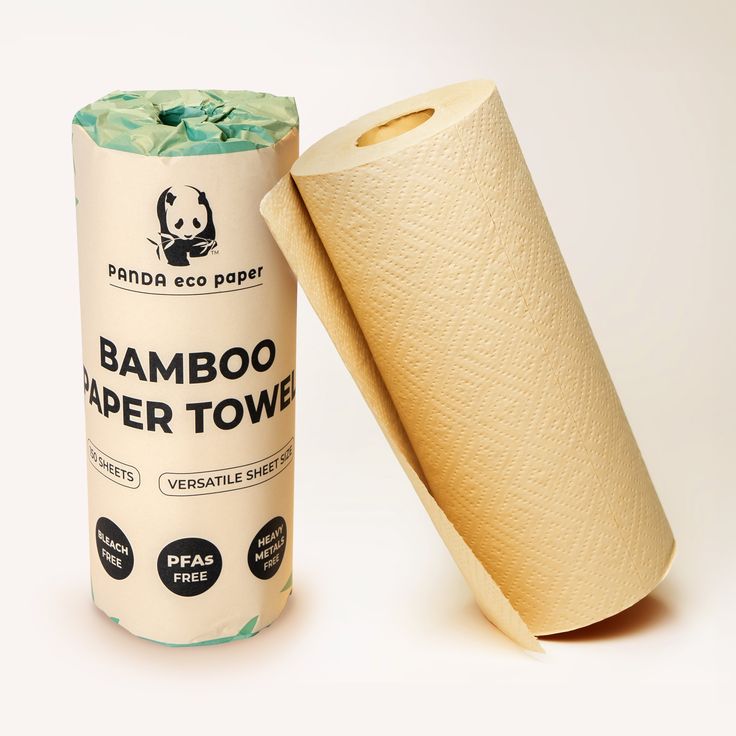
Cost-Effectiveness of Bamboo Toilet Tissue
A common misconception about eco-friendly products like bamboo toilet paper is that they are significantly more expensive than their conventional counterparts. However, many bamboo toilet tissue brands offer competitive pricing, often yielding long-term savings due to the product’s strength and absorbency.
When you use bamboo toilet tissue, you tend to use less per bathroom visit, which extends the life of each roll. This cost-effectiveness combined with environmental benefits makes bamboo toilet tissue an intelligent choice for budget-conscious consumers who also care about the planet.
Furthermore, investing in bamboo toilet paper ultimately encourages the growth of sustainable practices within the industry. As demand increases, production efficiencies may lead to reduced costs, making it increasingly accessible for all consumers. Supporting such products can help elevate them within the market and shift industry standards toward more sustainable options.
The Health Benefits of Using Bamboo Toilet Tissue
Using bamboo toilet paper can contribute positively to one’s overall health and well-being. As previously mentioned, bamboo’s hypoallergenic properties minimize the risk of irritation, making it an excellent option for individuals with allergies or sensitive skin.
Additionally, the natural antibacterial qualities of bamboo help to maintain a cleaner bathroom environment. Unlike toilet paper treated with chemicals and fragrances, bamboo toilet tissue is free from harmful additives, promoting a healthier and safer bathroom experience.
Furthermore, by opting for bamboo toilet paper, you are less likely to contribute to bathroom plumbing issues. Bamboo is biodegradable and breaks down more easily than conventional toilet paper, which may contain additives and bleaching agents that clog plumbing systems. This aspect alone enhances both personal and household health.
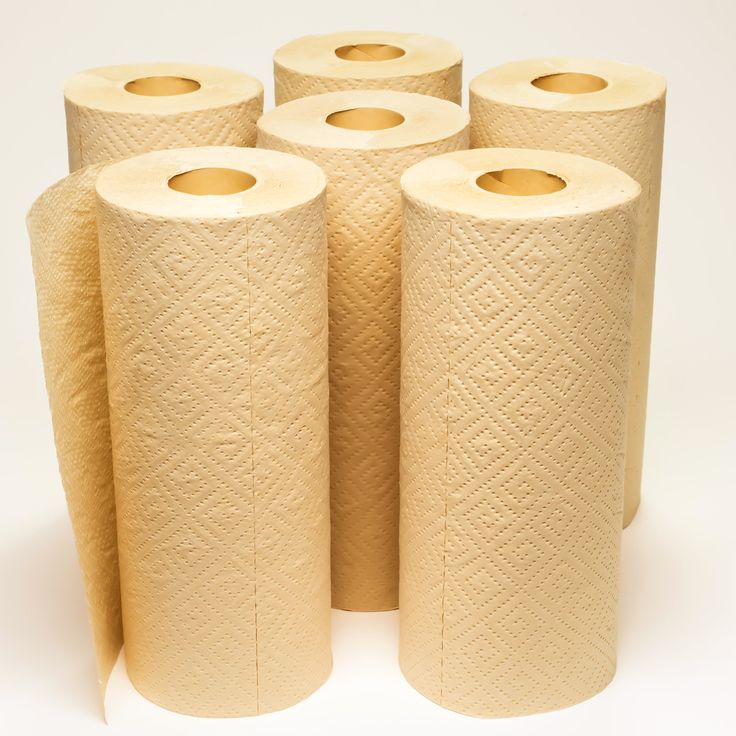
Making the Transition: Tips for Switching to Bamboo Toilet Tissue
Making the transition to bamboo toilet paper is a straightforward process, but here are some tips to make the switch smoother. First, explore various brands that offer bamboo toilet tissue. Not all products are created equal, so you should read reviews to find reliable options that meet your needs.
Consider starting with a smaller pack to test out how well you and your family adapt to this new product. Pay attention to the quality and feel of the bamboo toilet paper; find a brand that balances softness and strength.
Once you’ve identified a favorite, gradually replace your traditional toilet paper stash with bamboo rolls. Educate your family about the benefits of choosing sustainable products—this can help build enthusiasm and commitment to eco-friendly habits within the household.
Additionally, consider extending your commitment to sustainability beyond just toilet paper. Explore other bamboo products, such as kitchen towels or tissue paper, to further minimize your environmental impact.
The Future of Bamboo Toilet Tissue in Sustainable Living
As consumers continue to prioritize sustainability in their purchasing decisions, the future of bamboo toilet tissue looks promising. With increasing awareness about environmental issues and the ecological impacts of traditional paper products, more individuals are turning to bamboo as a viable alternative.
Brands focused on sustainability and eco-friendly practices are likely to flourish in this evolving market. Innovation within bamboo production can lead to new products and improvements in quality, making bamboo toilet tissue even more appealing.
As our understanding of sustainable living expands, bamboo toilet paper will likely become a staple in eco-friendly households. When individuals make conscious choices about their bathroom products, they collectively contribute to a healthier planet.
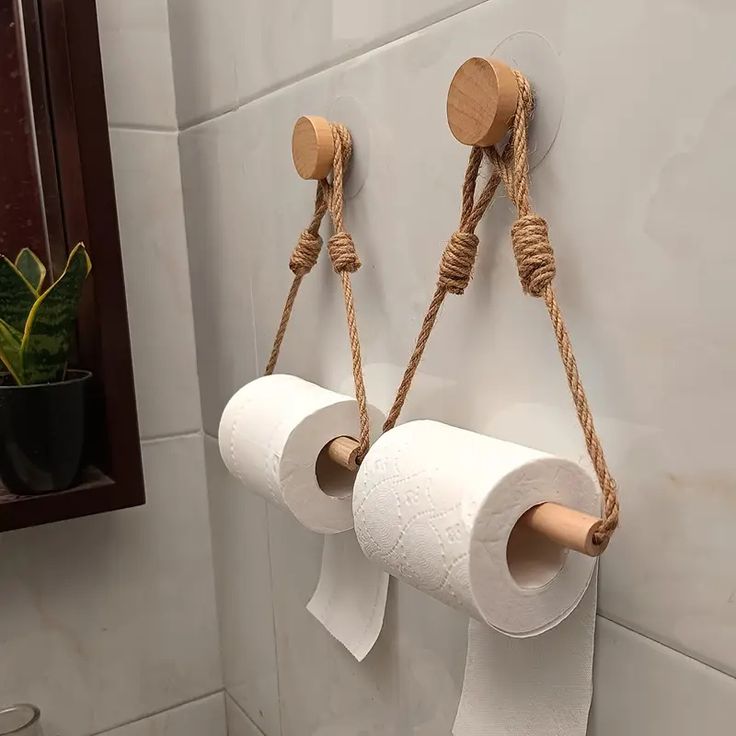
Conclusion
Bamboo toilet paper represents a thoughtful and eco-friendly choice for consumers seeking sustainable alternatives in their daily lives. With its myriad of benefits, including softness, absorbency, and minimal environmental impact, it’s an essential product for today’s conscientious consumers. Whether you’re considering making a switch or looking to share important information about bamboo toilet tissue with friends and family, understanding its advantages will empower you to contribute positively to your personal health and the health of the planet.
By incorporating bamboo toilet paper into your bathroom routine, you join a growing community of individuals committed to sustainability, paving the way for a greener future, one roll at a time.

